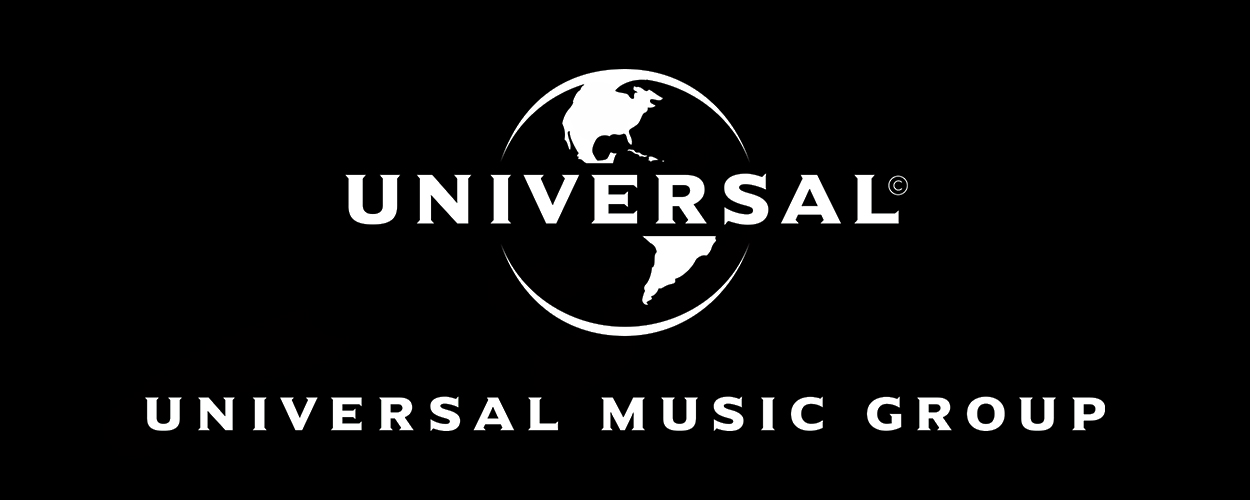This website uses cookies so that we can provide you with the best user experience possible. Cookie information is stored in your browser and performs functions such as recognising you when you return to our website and helping our team to understand which sections of the website you find most interesting and useful.
Business News Labels & Publishers Legal
Universal says that it is heartbroken about but not legally liable for that big 2008 warehouse fire
By Chris Cooke | Published on Thursday 18 July 2019

Universal Music has said that while that big fire at its Hollywood archive storage unit back in 2008 resulted in the “heartbreaking” loss of many masters, the recent class action lawsuit on the issue is “devoid of any valid legal theory”.
Although at the time the mega-major played down the extent of the damage caused by the 2008 fire at a warehouse it leased off the Universal film company, recent reporting by the New York Times has suggested thousands of master tapes were lost.
The NYT reports, and other subsequent chatter about the fire, has resulted in new litigation by artists whose masters are thought to have been damaged in the blaze. Artists involved in a $100 million class action filed last month include Soundgarden, Hole, Steve Earle, and the estates of Tom Petty and Tupac.
That lawsuit claims that the major was negligent in the way it stored the master tapes of its artists, especially as there had been an earlier fire at the Hollywood site. It also argues that artists affected by the fire should have shared in monies Universal Music received ten years ago via both an insurance claim and a settlement with Universal Studios.
But, responding to that lawsuit, Universal has argued that it has no contractual obligations to its artists regarding the storage of their masters, it being the owner of said tapes and the copyright in the recordings contained on them. Nor do any artist contracts obligate the label to share monies secured from insurance claims or legal settlements like those Universal pursued in the wake of the 2008 fire.
According to The Hollywood Reporter, the label’s lawyer Scott Edelman has written – in a motion requesting that the artists’ lawsuit be dismissed – that the complaint “includes two breach of contract ‘claims for relief’ but conspicuously avoids reciting any language from the recording agreements that plaintiffs accuse UMG of breaching”.
“Those agreements”, he goes on, “grant UMG ownership of any master recordings and entitle the artists to royalties in specific enumerated circumstances, none of which has been or can be pleaded here. The complaint does not and cannot plead any facts plausibly showing that UMG breached any provision in any contract”.
The legal filing comes as Universal’s SVP Recording Studios & Archive Management, Pat Kraus, has sent a lengthy memo to staff with an update on the work his team has been doing to identify what tapes and recordings were actually lost in the blaze. Although the major is fighting the legal ramifications of the renewed interest in the 2008 fire, it has basically conceded that it did a shit job at communicating with affected artists a decade ago.
In the memo, Kraus says that his team has been liaising with 275 artists – or their representatives – about possibly lost masters. He writes: “To date we’ve reviewed 26,663 individual assets covering 30 artists. Of those assets, we believe we’ve identified 424 that could be missing or lost due to the fire, with audio assets accounting for 349 of them”.
“Our data suggests”, he adds, “that 22 of those could be ‘original masters’ which are associated with five artists. For each of those lost masters, we have located high-quality alternate sources in the form of safety copies or duplicate masters”.
But, Kraus concedes, this work is just the start. “In the coming weeks and months we will continue to update our artists and internal teams with our progress”. And while the major still maintains that the NYT articles have greatly exaggerated the extent of the losses caused by the 2008 fire, the archiving chief adds that “it’s fair to assume that while some recordings will prove not to have been impacted, others naturally will”.
This is “painful” and “heart-breaking” Kraus says. “But, this experience has inspired us to redouble our efforts: first, to find alternate copies and other solutions for any lost recordings and second, to safeguard our archives to ensure that the music in these recordings will live on forever and be enjoyed by fans at the highest fidelity possible”.
And, one might hope, to ensure that the next time something happens that majorly impacts on the recordings or livelihoods of artists, Universal doesn’t wait ten years to tell them.





